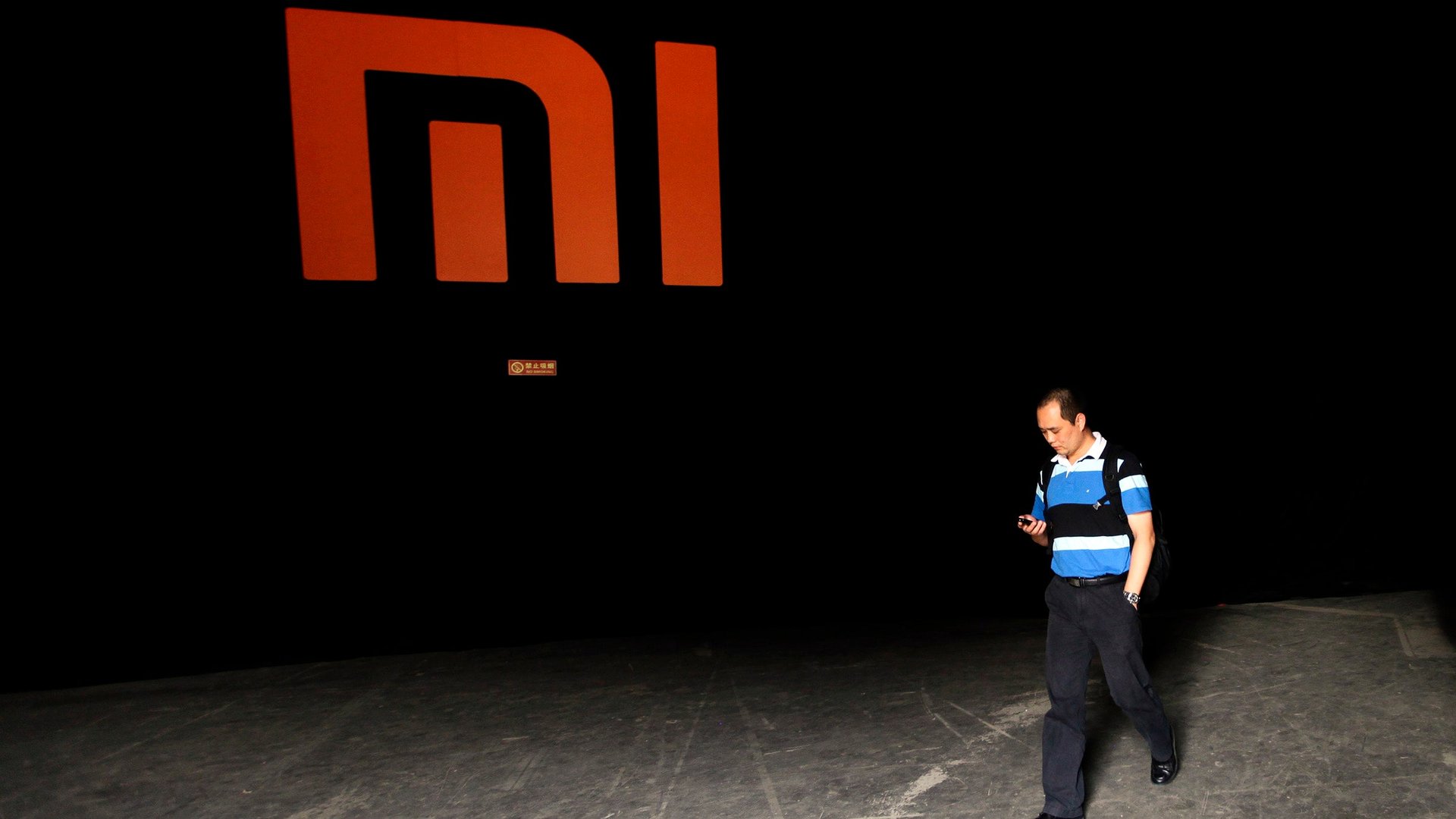Xiaomi is taking on Alibaba and Tencent by launching its own bank
The Chinese smartphone maker Xiaomi has bigger ambitions than just making handsets and tablets–and in the Chinese tech sector, that means opening a bank. The company today launched an online money-market offering (link in Chinese) called Xiaomi Huoqibao (which roughly translates as “Xiaomi savings account”).


The Chinese smartphone maker Xiaomi has bigger ambitions than just making handsets and tablets–and in the Chinese tech sector, that means opening a bank. The company today launched an online money-market offering (link in Chinese) called Xiaomi Huoqibao (which roughly translates as “Xiaomi savings account”).
The new venture puts Xiaomi up against China’s two tech heavyweights, Tencent and Alibaba, not to mention against the country’s massive state-owned lenders. Online money-market accounts offer much higher interest rates than Chinese brick-and mortar banks, and have become hugely popular, due in part to a push from the tech industry. At the end of 2014, 185 million users had deposited 578.9 billion yuan ($93 billion) into Alibaba’s Yu’ebao, while Tencent’s Licaitong has 100 billion yuan in deposits from 10 million users. Xiaomi Huoqibao is attempting to make a dent in that market by offering an annualized savings rate of just under 5%, compared with 4.3% for Yu’ebao, and well above the negligible rates for typical Chinese bank accounts.
Xiaomi started beta-testing its account in March, and there are hundreds of such services in China today. But what makes Xiaomi’s entrance to the field interesting is that it is part of a broader push by the handset maker to generate profits from its vast user base.
Xiaomi made its name by making attractive, high-quality phones that sell for around a third of the price of an iPhone, for a razor-thin profit margin. But the company’s profits, it has said, will come from elsewhere—from software services, and an array of branded electronics and lifestyle products that it makes with partners, including a smart TV, an internet-connected air purifier, and an internet-connected lightbulb.
Xiaomi’s strategy is to build devices and services around a common ecosystem to encourage users to go all-in on Xiaomi’s products, which now include banking. It’s a strategy that plays to the strength of Xiaomi’s rapidly growing base of enthusiastic users: It sold 60 million phones last year, and plans to shift up to 100 million this year.